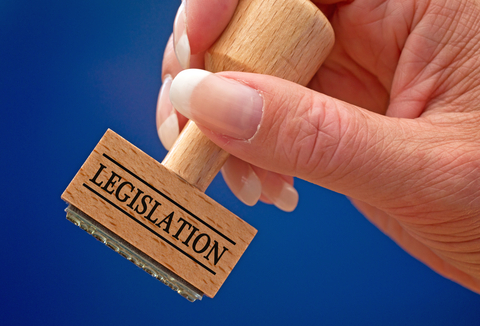Vapor industry representatives are worried about the future of small- and mid-size vapor companies in the wake of the U.S. Food and Drug Administration’s recently announced new rules.
The e-cigarette industry has been concerned with one proposed FDA regulation in particular—a rule that would require all e-cigarette and vapor products that came on the market after February 2007 to undergo a Pre-Market Tobacco Applications (PMTA) process.
The provision is problematic for the vapor business because many vapor products were introduced after that date. What’s more, the PMTA is a costly and time-consuming process and likely out of reach for many small- and mid-sized vapor companies.
“The FDA refused to change the predicate date knowing that their “pathways” are not available to 99 percent of the companies in the market,” says Arnaud Dumas de Rauly, president of Gaïatrend USA and treasurer of the Vapor Technology Association, an American trade association that represents the manufacturers, wholesalers, small business owners and entrepreneurs in the vaping industry.
“The FDA says it has only identified one product that may “possibly be able to serve as a valid predicate for purposes of the substantial-equivalence pathway,” which makes it clear that the pathway is closed.
“The FDA’s suggestion that they are using a sliding timeframe for applications is nothing more than them re-arranging chairs on the deck of the titanic.
“Small and mid-sized companies have been shown the end and will stop producing product. Worse, the regulations will freeze all real innovation in the segment, choice will be eradicated, and product safety will be compromised.
“But the Cole-Bishop Amendment is a real path forward; it presents a common sense and bipartisan approach to protect the public while regulating vapor products for what they are—technology products, not tobacco products.
Approved by the U.S. House Committee on Appropriations on April 19, the amendment would modify the predicate date for vapor products.
However, during an FDA press conference announcing the regulations, Mitch Zeller, director of the agency’s Center for Tobacco products, said Zeller said Congressional passage of the Cole-Bishop amendment would have an adverse impact on public health and the FDA’s ability to do its job.
For this reason, he added, the administration opposes the amendment.




